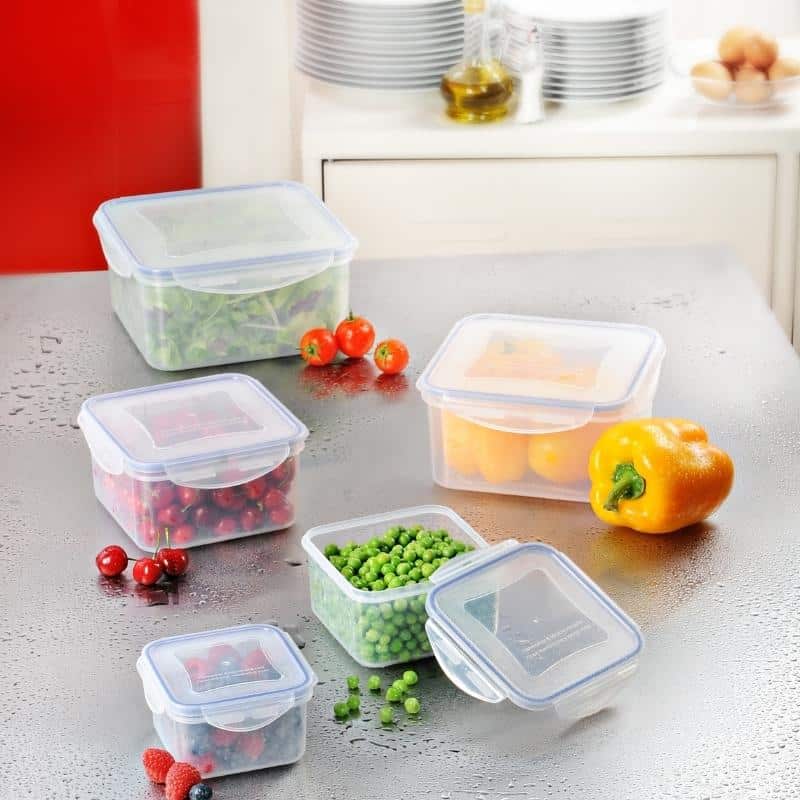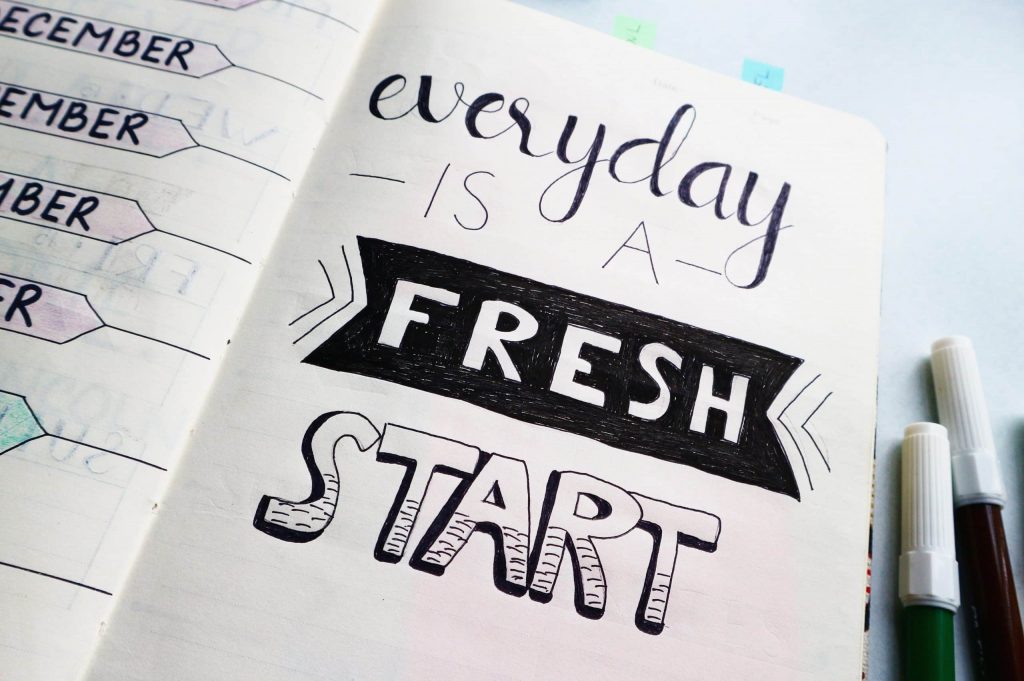Cut Your Grocery Budget Without Sacrificing Nutrition Or Taste

Are you tired of feeling pinched each month when it comes time to grocery shop? You’re not alone. It seems like every time you turn around the prices are going up, but that doesn’t mean you have to sacrifice your nutrition or taste. Check out these ways to save on groceries without sacrificing anything.
Aside from your home, the most important monthly expenditure is almost certainly food. Unlike your mortgage, your auto payment, and the majority of your other expenses, you have some control over how much you spend at the grocery store.
Make A Grocery Budget
Start by keeping track of your grocery expenditures for a few weeks. Then, come up with a weekly or monthly spending plan. Allocate that money for food and try not to go over it. Work on reducing your budget by $20 month next. Keep doing it until you’ve gone as low as possible.
Keep A Price Book
Who doesn’t enjoy a bargain? They’re all over stores, but do you know if what they advertise as a ‘great deal’ is saving you money?
Keep a notebook in your handbag or use your phone to record the prices of the things you usually buy. Not only can you see if that ‘deal’ is a bargain, but you may also figure out what on your grocery list is cheapest where and adjust your buying accordingly. When looking through weekly grocery ads, your price book will be useful. You can decide whether the sale is worth going to that store before ever leaving the house.
Plan Out Your Meals
When you plan your meals ahead of time, you can make a grocery list based on what you need and not waste money on things you don’t. Planning your meals also allows you to cook large batches of food that can be eaten throughout the week, which is both cost-effective and healthy. Planning your meals with your family can help everyone be on the same page when it comes to what’s for dinner.
Come Up With A Few Frugal Dishes
You don’t have to forgo everything else and eat only rice and beans for a week to save money on food. Consider some of your family’s favorite meals instead. This may be rice and beans, or it may be a big pot of chili. You can incorporate some meatless dishes into your meal plans too, or use meat in small portions on frugal dish days.
Even just a few days of dining on frugal meals during the month, as well as any leftovers some evenings, can save you money.

Cut Out The Extras
Make sure you have a shopping list prepared before heading to the supermarket, and most importantly, follow it. All of those little frills, such as the delicious bakery bread or the sweets you snagged at checkout, add up over time. Get into the habit of skipping all those extras unless there’s a compelling reason to buy them. Stick to your plan and you’ll save money every week by avoiding these tiny expenditures. It’s amazing how much everything here adds up.
Buy In Bulk
Buying in bulk can save you a lot of money, especially if you can find good deals on non-perishable items. However, be sure not to buy more than you can reasonably consume before it goes bad. Buying in bulk is especially helpful if you have a large family or entertain often.
Shop at Local Markets
Shopping at local markets can be a great way to find fresh, seasonal produce at a fraction of the cost of supermarkets. You may also be able to find deals on meat and fish from local vendors. If you’re not sure where your nearest market is, a quick online search should help you find one near you.
Grow Your Food
Growing your own food is a great way to save money and eat healthily. Even if you don’t have a lot of space, you can grow vegetables in pots on your balcony or herbs on your windowsill. If you have a bit more space, you can plant a small garden in your backyard.
One of the best things about growing your own food is that you can tailor the plants to what your family likes to eat. You can also choose organic produce, which is healthier and doesn’t contain the chemicals found in conventionally-grown crops.
Another benefit of growing your food is that it’s cheaper than buying produce from the supermarket. You may be able to see significant savings on your grocery bill by growing your food.

Cook at Home
Cooking at home is almost always cheaper than eating out, and it’s usually healthier too. If you’re not sure how to cook, there are plenty of resources available to help you learn, including cooking classes, books, and websites.
Once you get the hang of it, cooking can be enjoyable, and it’s a great way to save money. Cook simple meals using fresh ingredients – think grilled chicken or fish, quinoa or brown rice, and steamed vegetables.
Avoid processed foods whenever possible
Processed foods are often high in unhealthy fats and sugars, and they’re expensive too. It’s best to avoid them whenever possible. If you’re not sure what processed foods are, here are a few examples:
– Packaged snacks, such as chips, cookies, and cake
– Pre-made meals, such as frozen dinners or take-out
– Canned fruits and vegetables
– Processed meats, such as bacon, sausage, and deli meat
– Processed cheeses, such as American cheese and Velveeta
Eating healthy doesn’t have to be expensive. By following these tips, you can save money on groceries without sacrificing nutrition or taste.

Drink plenty of water
Drinking plenty of water is a great way to save money on groceries. Not only is it healthy, but it’s also free! Avoid sugary drinks like juice, soda, and sports drinks, which can be expensive and unhealthy. Stick to water and you’ll save money and stay healthy.
Give these tips a try and see if you don’t start to see big savings every week. What you do with all the extra money each month is up to you. Save up for a fun summer vacation, pay off those credit cards or start building your financial safety net.






